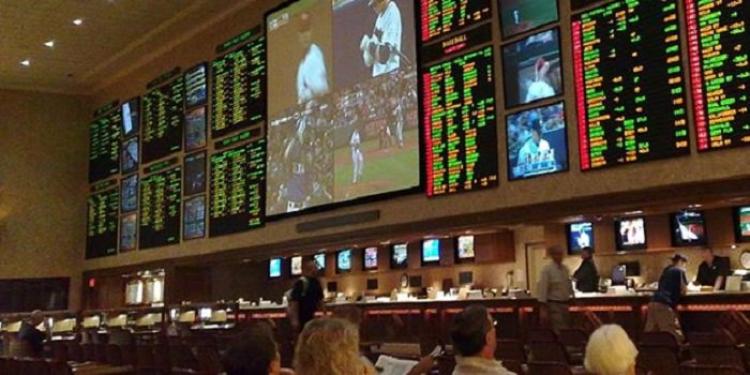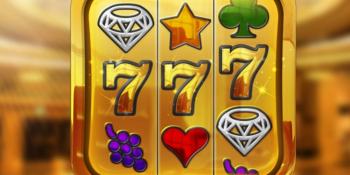A History of Gambling in America (part10)
Posted: July 26, 2015
Updated: October 6, 2017

The boxing match proved to be the ultimate form of sports betting in Vegas
The bookmaker may have liberated sports betting into a more reputable practice, but in that time, lotteries were nearly dead until 1964. As bookmakers went to Las Vegas for their baptism, many stayed and took part in the illicit sports betting practices that still permeated much of the rest of the country. Federal instigations such as the Kefauver and McClellan investigations help bring corruption and gambling news into the spotlight.
• The first full electromechanical slot wouldn’t arrive until 1963
• In 1960, the amounts put on the “numbers” were as high as USD 5 billion
• Holmes was favored to win in a bout which still drew high wages for both sides
Unfortunately, fighting gambling in America was similar to battling a “multi-headed” hydra that will always find a new way to grow a new head, after one has been severed. Lotteries were able to go underground earning stable revenues. Gambling havens continued to develop in Reno, Nevada and Atlantic City. The slot machine would prove to be a foundation for casinos and the boxing prize fight, a road to salvation.
Slot machines fortified the casino and the “numbers” kept lotteries alive

As the sports world and gambling were coming together, casinos still were producing more than sports gambling. The cornerstone of the casino was the slot machine, which was first seen in Brooklyn, New York in 1891. The early form other the modern day slot by Sittman and Pitt, had five drums which held a total of 50 card faces and was based on poker. Players would pay USD .05 per game and pull a lever hoping for a winning poker hand.
Since the machines lacked payout features, beer, cigars or drinks could be won for winning hands. Charles Fey’s design in San Francisco created a three-spin reel mechanism containing five symbols which included a payout as well. Although the first full electromechanical slot wouldn’t arrive until 1963, slots would end up a commonplace in casinos.
In addition to slots, incentives for high level wagers or “high rollers” and musical talent in his casinos, helped developed a standard that separated it from Reno, Nevada. Although the lottery, was more or less banned through over half of the 20th century, the “numbers” was a form of the lottery that rose to prominence outside US gambling laws. In 1960, the amounts put on the “numbers” were as high as USD 5 billion.
The numbers proved very popular in cities and its participants included so many members of society that the authorities found it difficult to control. In 1964, New Hampshire, New York and New Jersey re opened their lotteries. The first modern lottery in New Jersey in 1971 and helped usher in the limited gambling that was then allowed in Atlantic City, a resort town. The resurgence of the East Coast casinos finally came.
Boxing would be the perfect marriage of gambling and sport

Boxing proved to be a sport that had a natural attraction to fans and gamblers. Prize fighting had the glamour, glitz and the edginess that was perfect for Las Vegas. Traditionally in boxing, the heavyweight championship was the jewel of the sport and garnered the most attention. Unlike in online casino gambling today, patrons can bet on fights, witness their outcomes, collect their winnings and bet on slots and tables.
And as a bonus, patrons could have the abilities to “try their hand” at slots and tables that were never far away. Regularly showcasing boxers like Muhammed Ali, George Foreman, George Frazier and Sugar Ray Leonard brought a prominence to casinos unseen previously. Boxing, unlike most sports, made the most technically astute punter abandon his game and go for what he felt in his heart.
In the 1982 World Heavyweight Title Fight between Larry Holmes and Gerry Cooney, the most secured odds were for the champion Larry Holmes. But many wanted to see the charismatic Irish Kid win as the underdog. The fight, which Holmes won by decision, was considered a “blood bath” and made US gambling news. Cooney quickly apologized to fans for their loss of money after the bout.
The marriage of sport and gambling was an “unstable marriage” that, if not controlled, could cause severe consequences for each. Sports betting was always shaky because its reputation could always be influenced by one underprivileged, underpaid, underdog who feels “they should have their due. Nowadays, casinos have devoted entire sections to sports betting. Currently sports betting accounts for USD 90 million per year and is rising. It attracts peoples devotion to bet and on other people.












